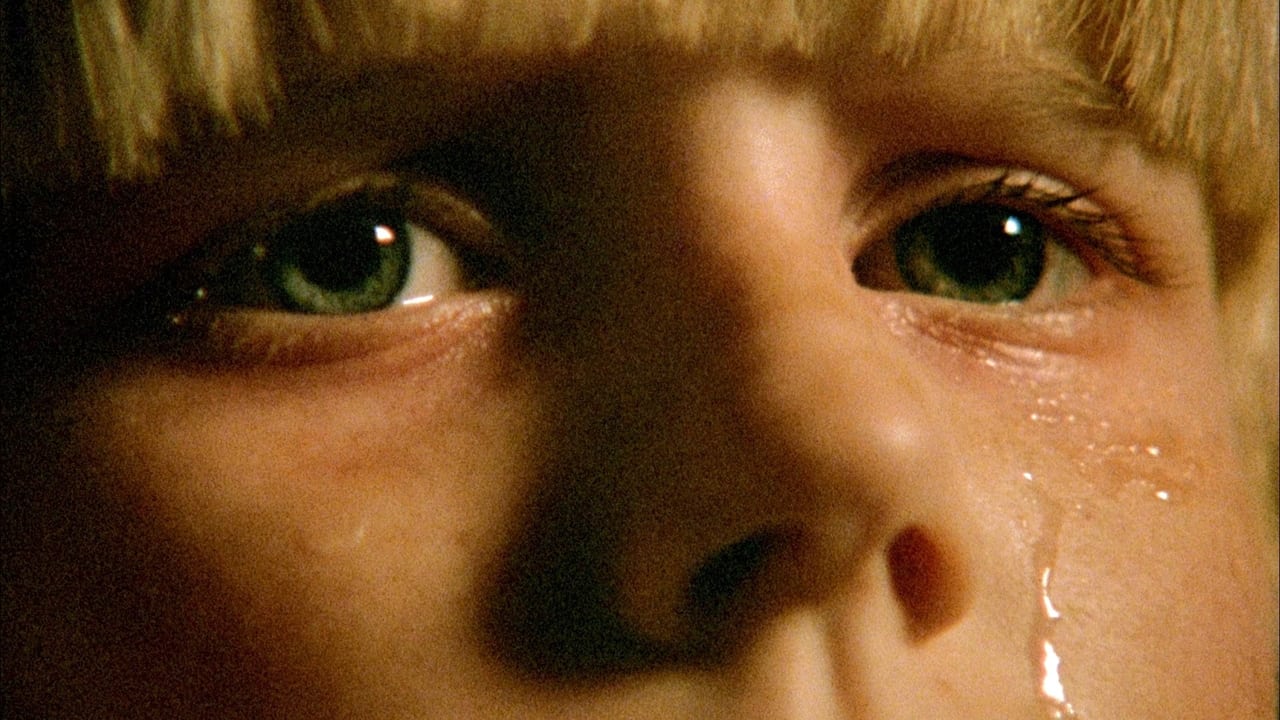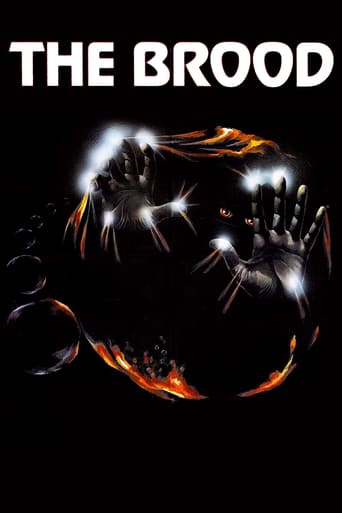

The movie is all about a man whose wife is institutionalized and undergoing psychological therapy. He looks after his daughter. Soon there is a series of brutal murders. Is this connected to him? Story vise it was a good one. It had those perfect scary moments. Sometimes it was disgusting but they did not overdo it. It was a new concept one I have not seen before. As the genre suggested there were many horror scenes in this movie but science fictional not really. It had a good ending an unexpected one.Yes I would suggest people to give this movie a shot, don't blame the graphics as this movie was made in the year 1975.Notable ActingOliver Reed famous for his acting in the movies like the gladiator and many more.Samantha EggarArt HindleSusan HoganMy Rating 7/10
... View MoreThis wonderfully disturbing film deals with some complex psychological themes, and pulls no punches in conveying them to the audience. In some ways, it shares similarities with 'The Omen (1976)' in that 'something evil' is out there, and anyone that gets too close to it suffers a brutal death in a series of memorable set-pieces.All of these scenes are unsettling, none more so than the graphic clubbing to death of the teacher Ruth Mayer (Susan Hogan) in front of a classroom of horrified pupils.The protagonists are a growing tribe of sexless, toothless infants with rarely glimpsed deformities and a fleshy sac between the shoulder blades which 'feeds' them. That these deformed and apparently very physical creatures can completely disappear after each killing is my only cause for question. They are dressed in hooded anoraks, which obscure their unfinished features.This is my favourite David Cronenberg film. His fascination with body horror is rarely more effective and although low budget, this features a terrifically talented cast. Art Hindle is the hero, Frank, whose estranged wife Nola (Samantha Eggar) is a patient of Doctor Raglan (played to perfection by a restrained and therefore very powerful Oliver Reed). Raglan's unconventional methods of therapy for his patients is extreme, and although he is hailed a genius by his students, could be seen as unscrupulous. As it turns out, despite their being links between his methods and the murders, every proclamation he makes is correct and of course, he pays the price. The scene towards the end, where he is making steady progress through a darkened room as Nola's condition is revealed in all its glory is a masterpiece of tension and grotesquery. Apparently, it was Eggar's suggestion that Nola should lick the blood off the latest new-born.Cronenberg wrote this whilst his recent divorce was still in his mind. Nola, he said, shared characteristics with his ex-wife. Whatever heartache compelled his writing and directing of 'The Brood', the result is surely one of horror cinema's greatest chillers. I love films recorded during the winter months, as is the case here. The bleakness, the flakes of floating snow and the skeleton trees really add another level of crisp gloominess to the proceedings.
... View MoreThe Brood (1979)** 1/2 (out of 4)Dr. Raglan (Oliver Reed) is treating Nola Carveth (Samantha Eggar) for some sort of mental issue. The doctor refuses to let her husband Frank (Art Hindle) see her but soon he is trying to figure out exactly what's going on. Soon some sort of children/creatures are killing people and Frank finds himself and his daughter (Cindy Hinds) under attack.THE BROOD is without question one of the strangest horror films of the decade and that's saying something and especially when you considering how strange director David Cronenberg's previous films were. SHIVERS and RABID were both rather crazy movies but THE BROOD shows that the director wanted to take things a step further and this film once again features some great performances wrapped up in a really bizarre story full of some graphic violence and an all around crazy feel.The first image I ever saw from this film was a kid I was looking through Fangoria when I saw the still of the child screaming and a hand reaching through a wall grabbing her. The ending to THE BROOD is certainly quite intense as the dark atmosphere hangs over the film and we're given some quite memorable murder sequences. The creatures do their killing by bashing the head's of the victims and the violence is right up in your face and quite realistic. The atmosphere is extremely rich as the director certainly adds a touch of dread throughout the picture.One major plus are the performances with Reed leading the way. There have been countless mad scientist roles out there but I really loved how Reed played this character. He's very stern but at the same time is always speaks calmly and you can just tell that you're watching something that is both brilliant and off their rockers. Perhaps that was just Reed being able to put himself into the character. Eggar is also good in her role of the mother and Hindle is good too. Hinds is also quite memorable in the role of the child.THE BROOD does have its share of flaws including the fact that it runs a tad bit too slow and it takes quite a while for us to reach what is actually going on. One wishes that we were let in on the secret a tad bit earlier in the picture so that we could have gotten some more attacks since these scenes were certainly the highlight.
... View MoreIt's original, I'll give it that and there are some very satisfying moments. I believe the initial idea was well done, but I can't help think that at least half an hour of this film was just to fill in the time. The kids are creepy, which is good and David Cronenburge does make a good horror film out of this. But it does lose its pace along the line and I felt like I was going in and out of the experience. Maybe a bit of a shame considering who was behind the camera, but it does have some promising qualities about it. It's not his greatest film, but it's also not his worst. Probably give it a skip if you're looking for his best. Only for die-hard Cronenburge fans.
... View More